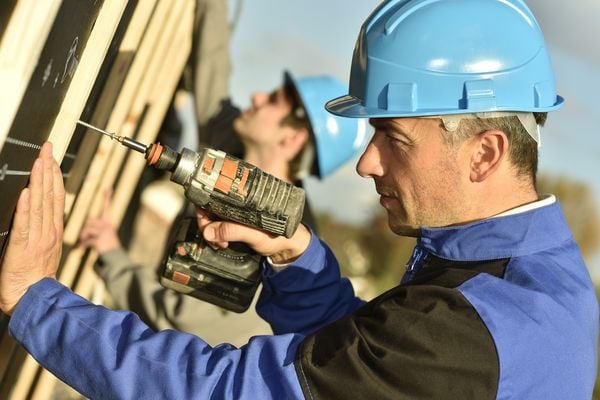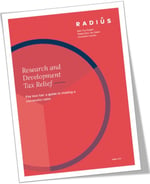
A common area HMRC highlight as a cause for error in R&D claims surrounds the issue of sub-contracting and here we look at some of the reasons why it is crucial that this point is carefully considered to ensure each claim is correct.
Why is Sub-Contracting relevant?
Sub-contracting is relevant for R&D claims in two situations:
- Where someone sub-contracts R&D to your company, it may not be possible for you to claim R&D tax relief at all, or a claim can only be made under the far less generous RDEC scheme (relief at 9.7% rather than 25% of qualifying expenditure)
- Where you sub-contract R&D to someone else – it is possible to claim for certain qualifying costs but relief may only be available for 65% of those costs
How do we determine if your company is undertaking R&D on a sub-contract basis?
If your company is undertaking R&D on a sub-contracting basis for another organisation, relief will not be available under the generous SME scheme for your qualifying costs. Depending on who is contracting the work to you, you may be able to claim under the RDEC scheme. Establishing whether your company is operating on a sub-contract basis is therefore crucial to determining the correct level of claim.
What is sub-contracting for these purposes? This is a grey area and HMRC’s written guidance on this is limited. Points to consider are:
- The contract is crucial – is the contract between the parties a contract for R&D work, or a purchase contract for a deliverable?
- Essentially, R&D tax reliefs set out to reward the company which is taking the commercial risk, so what are the payment arrangements between the companies? If the payment relies on the successful completion of the project, then this is less likely to be sub-contracting R&D than if a company receives a guaranteed payment regardless of outcome.
- How much autonomy does the company have in fulfilling the requirements of the contract – if company A provides technical direction to B, then this is more akin to sub-contracting.
- Who owns the resulting IP? If B retains the IP then it is less likely to be sub-contracting. Each case needs to be considered on its facts, bearing in mind the above.
Can we claim for costs which your company sub-contracts to someone else?
In cases where a company is undertaking R&D on its own account, sub-contracting remains relevant as its common to ask other organisations to undertake part of the project for them. We often see this in the case of testing, for example.
These costs can be qualifying costs for the company undertaking the R&D but this depends on exactly what is being sub-contracted. Generally speaking, it needs to be a specific part of the project, merely asking a specialist consultant for advice may not qualify.
Assuming it is a specific part of the project which has been sub-contracted, then only 65% of the sub-contracting costs can be claimed:
- A company claiming SME R&D relief may incur £1,000 of sub-contracting expenditure on testing costs. £650 of these can be included in the claim, which would result in a tax saving of £161.
- In contrast if the company had incurred in-house testing costs, the relief would have been £247.
There are further rules where the company and the sub-contractor are connected. Therefore sub-contracting costs must be carefully analysed separate to materials and consumables to ensure the claim is not overstated.
If you have any questions regarding making a claim for R&D Tax Relief, then why not download our Guide to making a successful claim for R&D Relief.
R&D tax relief is very generous, providing additional corporation tax savings of up to £25,000 per £100,000 of qualifying spend (under the SME scheme). One of the key roles of our Radius team is to help companies maximise the benefits available, whilst submitting technically robust claims. Radius is a team of dedicated tax professionals who implement a process developed from years of experience working on R&D tax reliefs, which ensures each claim demonstrates compliance with HMRC guidelines. If you have any queries on this, please contact any member of the Radius team, or your usual Shorts contact.

Darryl Hoy
Darryl is the Technical Director of the Radius team. He is a specialist in Research & Development tax reliefs, having previously worked at HMRC as an R&D Tax Inspector.
View my articles
